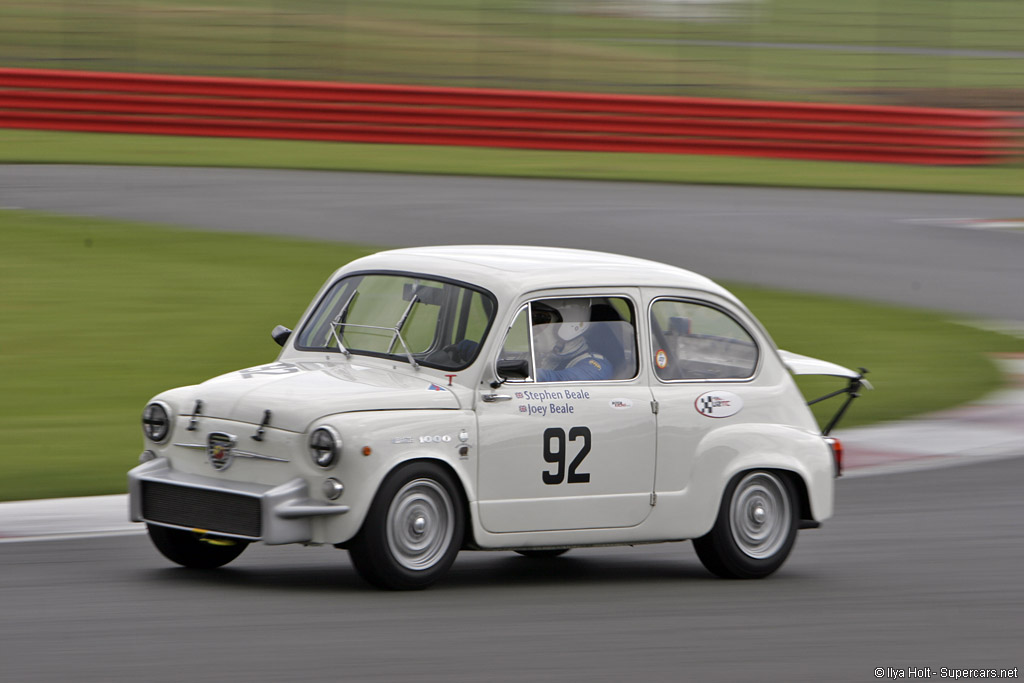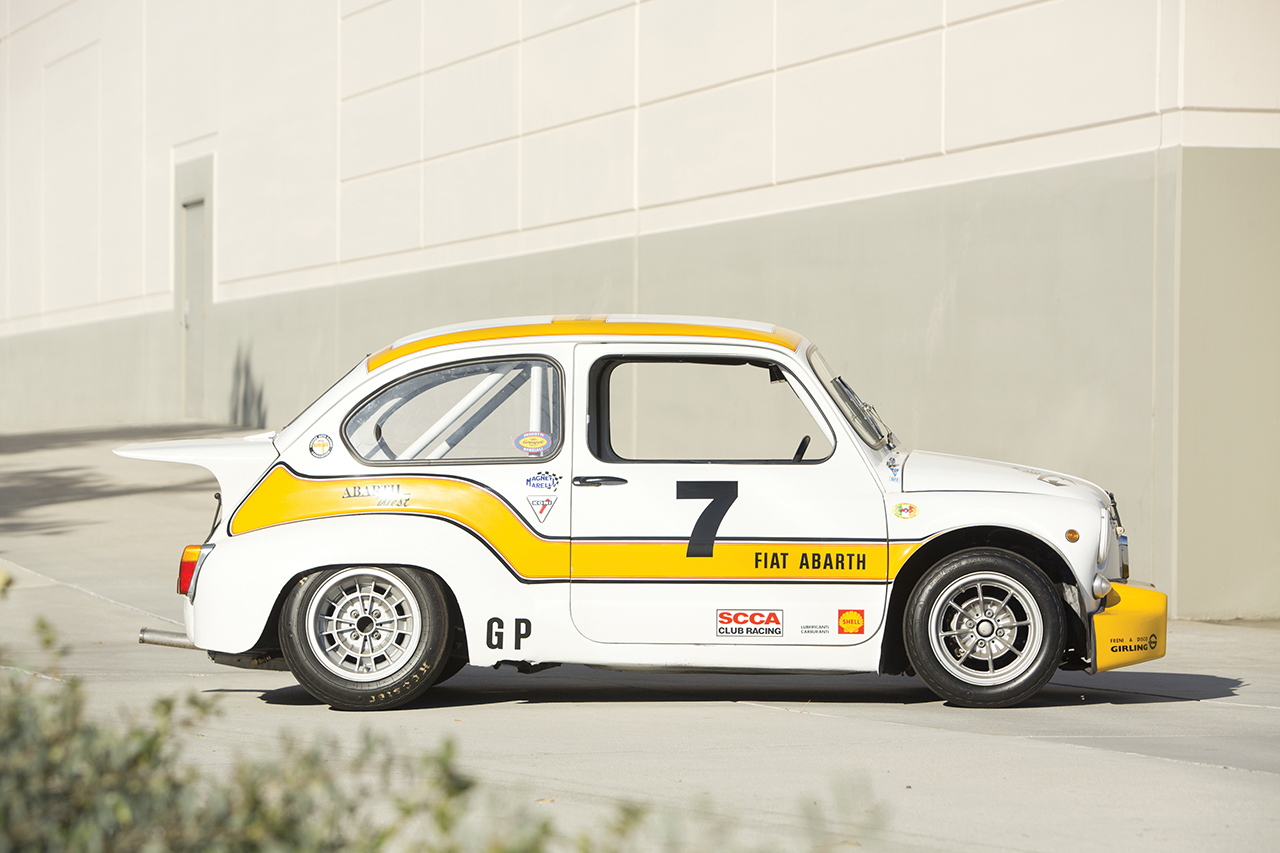If you want a technical name for the Toyota ball heim joint / bushing thing, I believe it is called "cross-axis ball joint"
Look at that beautiful clean body! What do they coat it with to avoid immediate corrosion?
Congrats on the new space too.
In reply to Mezzanine :
It is their proprietary formula. No idea what it is but if the car is kept dry it will last years until it gets sanded or scuffed away.
Well folks. This is what you get back from dipping.
I hear a lot of misinformation when discussions about dipping come up. I have heard horror stories that "Acid will stay in the rails, eating the car from the inside out" I have heard "it just isn't effective" but I also hear "it is just too aggressive, it eats the steel" I have also heard people swear the cars come back dipped in oil or other nasty coatings.
What you get back is clean, stripped metal with a light coating of a dry anti-corrosion chemical.
Look at that surface!!!


Not gentle enough? Explain how the factory ink stamps are still visible.

For this I paid 2 grand. For reference, the last car we had stripped via media blasting was $2500. This is my forever car (more like forever project amirite?) and it was worth it to me. The car is not full of media. Every speck of rust is gone, even from the areas you can't see.
OK. Now the condition of the shell. It is actually better than I expected it to be.
I had forgotten that when I got the car it had the remnants of a vinyl "landau style" top on it and there are indeed screw holes on the A and C pillars from long gone trim.
That drivers rear quarter is sanitary!

There is some old school repair work I didn't know about.

Some slide hammer hackery on the passenger rear quarter

Whatever this botched weld bit is
The bad area is decidedly bad, but I knew about it. The factory filled the area under the rear window with insulation batting which was a moisture trap.

Scary.
The package tray bore an equal measure of damage

But that package tray will likely be replaced anyway. The only complex shape I have to deal with is the exterior under glass piece and that is a problem for future Trent.
The drivers footwell is also bad, but I don't even consider that because new floors were always in the plans.
Did I mention that my new shop location is where our coachbuilding shop is?

So I have access to the machinery

and the help of the craftsmen who make this out of flat sheet.
I am so stoked to start the next phase of this project. But for now I continue with suspension pieces
In reply to Trent :
Any concerns with grinding and/or welding whatever the surface coating is? Doesn't look like zinc, but could be something that doesn't like lungs.
In reply to Mr_Asa :
It is more of a sodium bicarbonate type of thing. It is not anything to worry about

It is back on the jig. One thing I didn't expect is how much less it weighs now. 3 layers of paint, lots of filler, undercoating and caked on oil can really add up. Two people can easily lift the shell now.

I am a little surprised by how "normal" the Magnaflow looks back there. Not much different than any other Abarth style exhaust.
Can't quite believe I am saying this about a Fiat 850, but as an AW11 owner, I envy you that spacious, easily accessible engine bay.
In reply to DarkMonohue :
Just wait until I decide on an intercooler and try to figure out how to cram it in there along with some ducting for it!
I have a feeling I'm gonna run out of space pretty quickly
I thought maybe it had a phosphoric acid dip as a last step, it leaves you with a corrosion resistant iron phosphate layer.
In reply to Trent :
Yeah...gets a little tricky trying to stuff all that junk into an MR2, too.
Rhetorical question: Have you given any thought to water-to-air intercooling or water injection? Might save some space over relatively large intake plumbing running all over the place.
I have given it a lot of thought because it does seem like a good solution.
However I am really trying to keep this car well under 1500lbs. It is also a lot smaller than it looks, so packaging is going to be a real issue.
I can't see how a reservoir, radiator, pump, coolant lines, and the not insignificant weight of the water could be more compact and simple than something like a discarded 1.8t sidemount with a duct and a fan.
But we will see what happens when I get to that point. It wouldn't be the first time I change my mind. I also fully understand the benefits of utilizing unused space in other parts of the car to make room where it is needed.
Extra points if you can make the side mount/fan installation belt driven and look like the OEM radiator install!
In reply to Trent :
Yeah, fair. Every car and every setup has its own obstacles. Simplicity is an advantage in and of itself. Managing airflow to and from the cooler could be an exercise since you want to keep the OEM sheetmetal intact and this thing isn't exactly overflowing with scoops and louvers. I'm interested to see what you come up with.
Well, well, well. Look what the internet dragged in.

Posted because this is just about the best photo I could find of the ventilation goings-on at the back of the car. Turns out looking for pictures on an 850 Berlina gets you pictures of this 850 Berlina.
Not knowing a whole lot about these cars, it seems safe-ish to assume that those events in the decklid are for hot air egress, with fresh air coming into the bay from under the car. One could set up a fresh air duct from below to an intercooler, then duct air from the IC core directly out through the port side decklid vent. The starboard vent could serve as hot air exhaust for the, uh, exhaust side, turbo and all.
Or, potentially, those little vents behind the rear bumper (more easily seen in yesterday's bare metal photos) could be enlarged or expanded to exhaust air from an intercooler or oil cooler or some other heat exchanger. Might be tough to do that elegantly around a cooking hot exhaust system...
The quarter panel marker lights are slated for deletion, aren't they? I guess they could also be repurposed as engine bay ventilation grilles.
Is there historical precedent for propping the decklid open slightly for increased airflow?
The OG Fiat air flow path is a funny one.
Fresh air comes in through the vents on top of the engine cover and behind the bumpers. It is pushed through a radiator mounted to the firewall where it is ducted 90° down, then turned 90° again to exit under the car facing behind. There are panels to seal off the bottom of the engine bay to stop the hot air recirculating. Removing those panels was a major cause of the overheating problems these cars were notorious for.
Yes there is precedence to pop the lid.

It's been done since they were new. Abarth kinda started that whole thing with the 750

Which wasn't about air flow. The tachometer cable drive on that motor raised the distributor a good 3 inches which fouled the decklid so they propped it open. They found that led to slightly faster laps and experimentation showed that this setup was faster

Which led to the iconic

Anyway, silly history lesson over.
I have been thinking about adding some vents to the mid panel that mimic the ones on the deck lid. Intercooler would be mounted behind that with a puller fan.
I really do need to think hard about this. I need to know where the intercooler sits so I can design the intake manifold.
Thanks for the detailed breakdown.
I was under the impression your radiator was up front, despite the obvious absence of a grille opening.
In the MR2 world, the car goes down the road like a vacuum cleaner, sucking air from underneath and exhausting through the engine bay. Granted, the shape and layout are different, but as a baseline for my understanding of airflow, it made me wonder what this car does.
Maybe someone here has both time and skills to mock this thing up virtually and model airflow across the car.
Trent said:I have been thinking about adding some vents to the mid panel that mimic the ones on the deck lid. Intercooler would be mounted behind that with a puller fan.
I really do need to think hard about this. I need to know where the intercooler sits so I can design the intake manifold.
The vents in the rear mid panel s a great idea for extra flow/venting...

You'll need to log in to post.